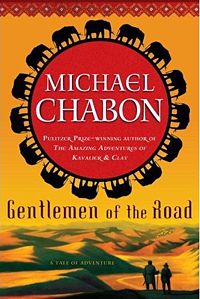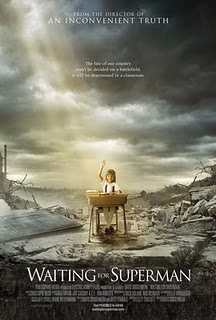Unlike many fascinated by musical minimalism, I don't remember the first time I heard it. I don't have a story about how In C, Piano/Violin Phase, Einstein on the Beach, Music for Eighteen Musicians changed my musical outlook. I suppose my lack of epiphany comes from being adventurous as a teenager and having a piano instructor who encouraged my explorations. I do, however, remember the first time I saw Koyaanisqatsi. Before my senior year of high school, I attended Arkansas Governor's School, and once a week they had movie nights with campus-wide discussions following. Joy and I had just met, and I knew that we might be on to something with our relationship when she didn't back away, eyeing me warily as I talked non-stop about the movie and especially the music. I had never experienced anything like that movie, and it lodged Philip Glass's style (and minimalism in general by proxy) firmly at the top in my musical pantheon.
Fast forward to graduate school. As I began delving into contemporary music, I naturally turned some of my attention to minimalism. I was curious to see how it had evolved past the little bit I had studied as an undergraduate, and was astounded at what I began hearing. Sitting in my library cubicle, listening to recording after recording, I found numerous connections between the popular music I heard through high school and college, the minimalism of the early 1970s with which I had initially fallen in love, and the art music of the late 1990s and early 2000s. These styles were intertwined, feeding off each other, and I came to believe that minimalism was one of the most important and potent musical movements of the past 50 years.
Now come to the present. Teaching undergrad and grad students music since 1900, I naturally focus a large section of my courses on minimalism. I try to trace out its impact and demonstrate how it is one of the few musical styles to gain a foothold outside the academy and the traditional concert hall, how it is the one style from the past 40 years that popular musicians have embraced. I play recordings such as Reich Remixed where DJs take on Reich's standard early minimalist pieces. I show them movie clips with Philip Glass's scores to let them know they've been hearing this style longer than they though. And I play random selections from the radio, whatever happens to have most recently crossed my ears, to demonstrate how it has mutated in the popular medium.
The result of these pedagogical revelations? My students are largely nonplussed.
But I've recently found an amazing example of how the waves of minimalist style have completely taken over so much modern music. Consider this recent trailer for the movie Watchmen, due out in March:
The clip opens with a cue from Glass's Koyaanisqatsi, and when the glass (get it?) breaks, another cue from the same movie takes over after a breath of silence. That cue is spliced and manipulated over the course of half the trailer, but then a remarkable transformation occurs. Glass's music literally becomes Muse's song "Take a Bow." Can you pinpoint the moment the transformation happens? The connection is so close that on first hearing it is almost impossible to notice that the shift in music has occurred. Moving from a minimalist work from 1982 to a rock anthem from 2006 with almost no perceptible shift is remarkable, and is yet another example of the wide-spread influence minimalism has had in Western culture. Now if only the rest of the classical music world would notice its impact.
Self-doubt in the tech industry
2 years ago




1 comment:
It's always fun to ask what someone's "first" minimalist piece is. I bought the LP of Glass's 'Music in Fifths' b/w 'Music in Similar Motion' in 1980, from a mail-order place in NYC. (Got one of the last sets of John Cage's 1958 25-year retrospective in the same order, so that was one influential purchase...) Since then, I've always favored that era of Glass over all others, though there's plenty of interesting stuff across his entire career. I didn't hear 'In C' until quite a bit later, and didn't like it much at first.
Post a Comment